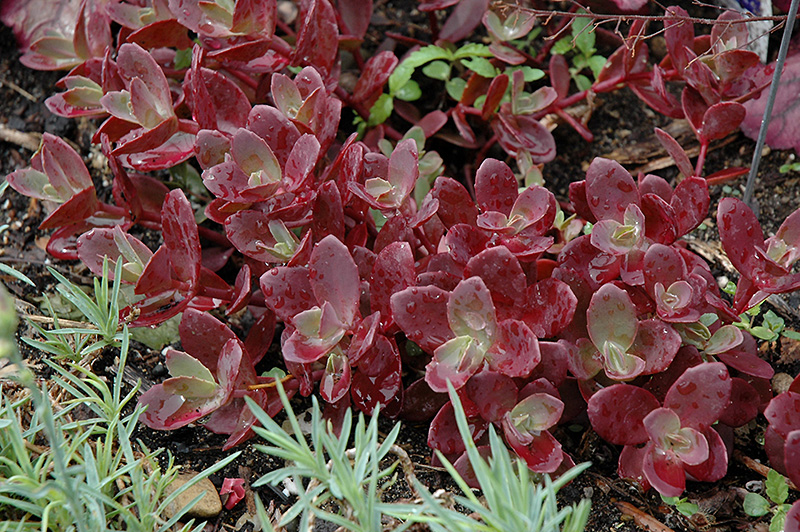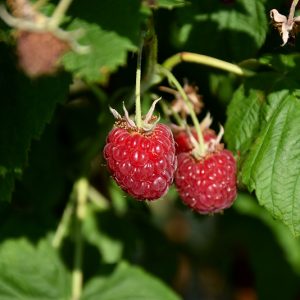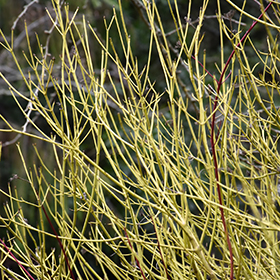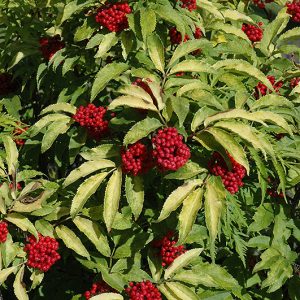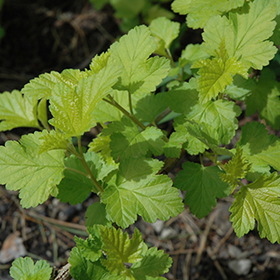Description
Growth & Care
| USDA Plant Hardiness Zone | 4a |
| Soil Preference | Poor |
| Growth Rate | Fast |
| Recommended Pruning Method | Spring Cleanup |
Foliage
| Foliage Type | Deciduous |
| Plant Form | Spreading |
Flowers
| Flower Period | Summer |
| Flower Color | Pink |
| Flower Fragrance | Unscented |
| Suitable for Cut Flower Arrangements | Yes |
Additional Categories
| Additional Category | Stonecrop |
| Additional Group | SunSparkler Series |
| Landscape Application | Massing, Rock, Edging, Garden, Groundcover, Container |
Details
Planting & Growing
Firecracker Stonecrop will grow to be only 6 inches tall at maturity extending to 9 inches tall with the flowers, with a spread of 18 inches. When grown in masses or used as a bedding plant, individual plants should be spaced approximately 15 inches apart. It grows at a fast rate, and under ideal conditions can be expected to live for approximately 15 years. As an herbaceous perennial, this plant will usually die back to the crown each winter, and will regrow from the base each spring. Be careful not to disturb the crown in late winter when it may not be readily seen!
This plant does best in full sun to partial shade. It is very adaptable to both dry and moist growing conditions, but will not tolerate any standing water. It is considered to be drought-tolerant, and thus makes an ideal choice for a low-water garden or xeriscape application. It is not particular as to soil pH, but grows best in poor soils, and is able to handle environmental salt. It is highly tolerant of urban pollution and will even thrive in inner city environments. This particular variety is an interspecific hybrid. It can be propagated by division, however, as a cultivated variety, be aware that it may be subject to certain restrictions or prohibitions on propagation.
Firecracker Stonecrop is a fine choice for the garden, but it is also a good selection for planting in outdoor pots and containers. Because of its spreading habit of growth, it is ideally suited for use as a 'spiller' in the 'spiller-thriller-filler' container combination, plant it near the edges where it can spill gracefully over the pot. Note that when growing plants in outdoor containers and baskets, they may require more frequent waterings than they would in the yard or garden.
Landscape Attributes
Firecracker Stonecrop is a dense herbaceous perennial with a ground-hugging habit of growth. Its relatively fine texture sets it apart from other garden plants with less refined foliage.
This is a relatively low maintenance plant, and is best cleaned up in early spring before it resumes active growth for the season. It is a good choice for attracting bees and butterflies to your yard, but is not particularly attractive to deer who tend to leave it alone in favor of tastier treats. It has no significant negative characteristics.
Firecracker Stonecrop is recommended for the following landscape applications:
Mass Planting, Rock/Alpine Gardens, Border Edging, General Garden Use, Groundcover, Container Planting
Ornamental Features
Firecracker Stonecrop has masses of beautiful clusters of hot pink star-shaped flowers rising above the foliage from mid to late summer, which are most effective when planted in groupings. The flowers are excellent for cutting. Its attractive small succulent oval leaves emerge grayish green in spring, turning cherry red in color throughout the season.
